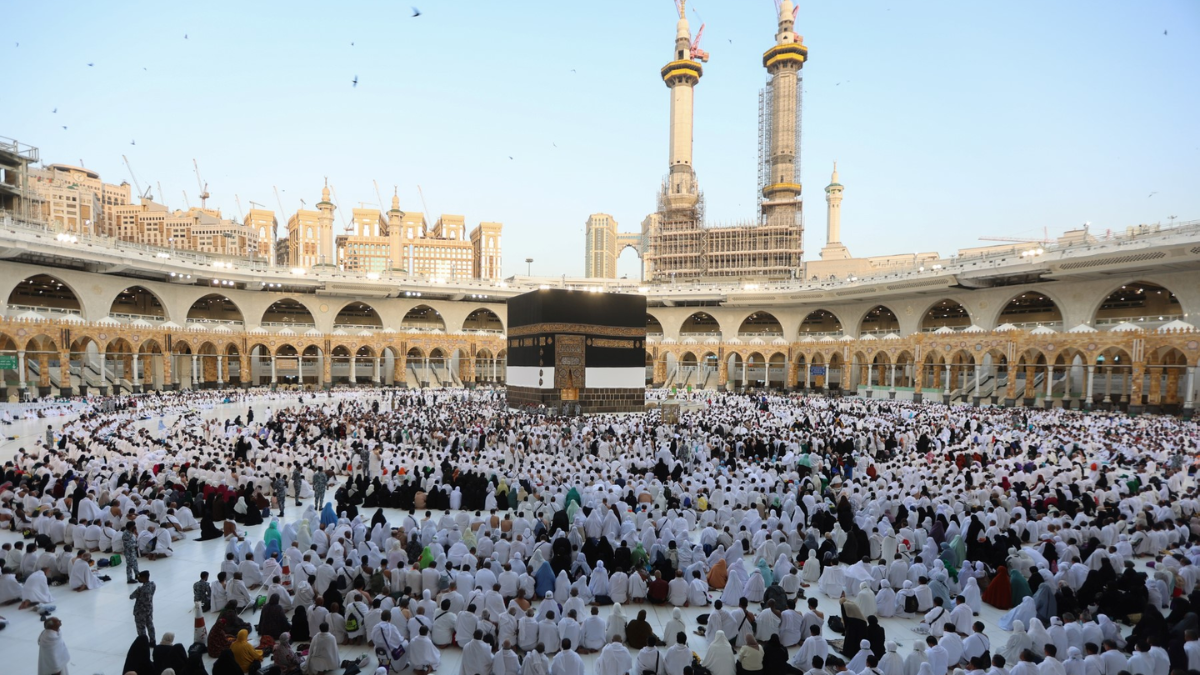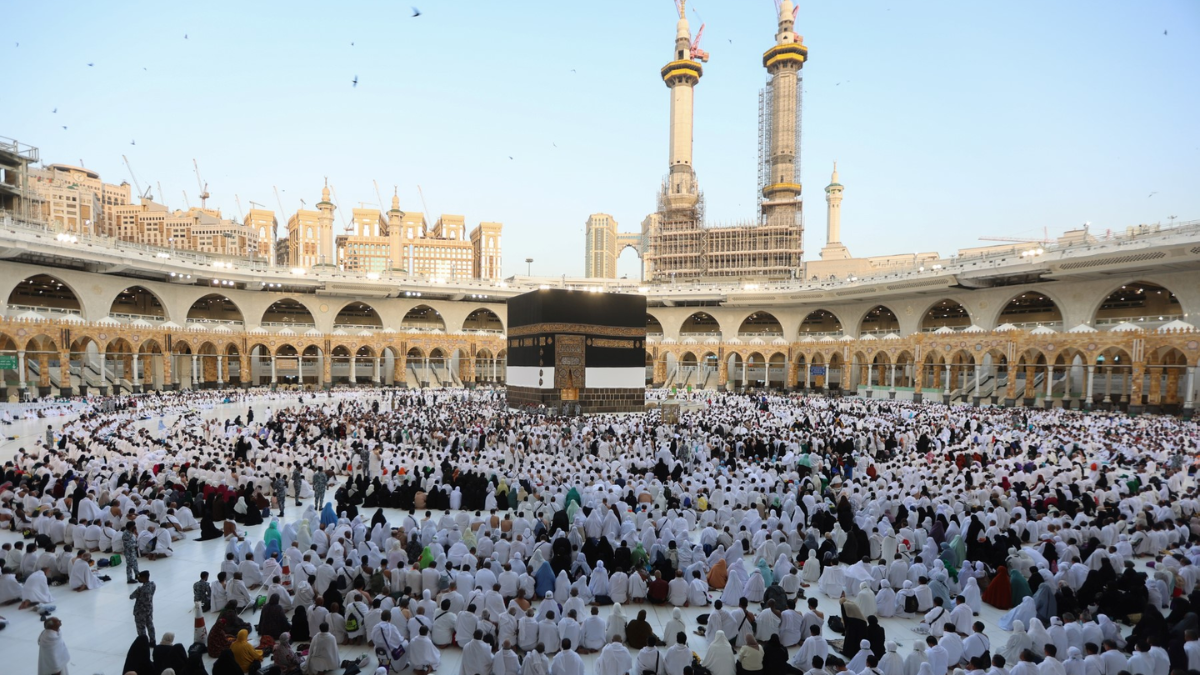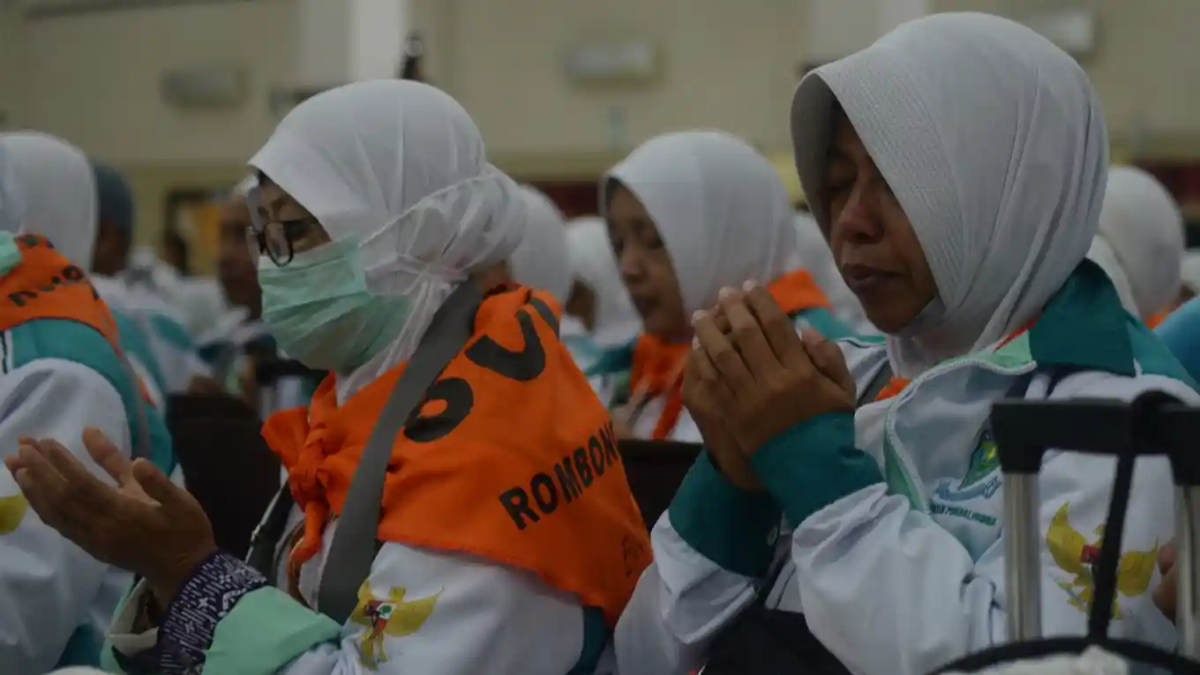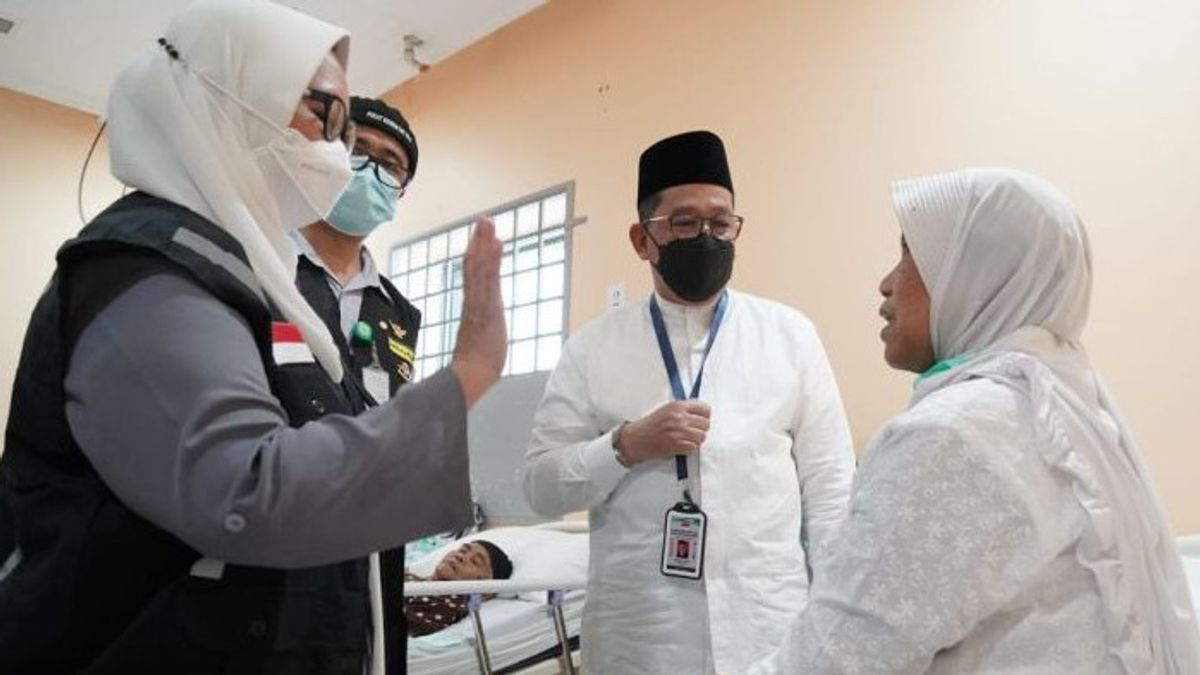
As the annual Hajj pilgrimage unfolds in Saudi Arabia under sweltering desert conditions, alarming health concerns have surfaced among Indonesian pilgrims. The Indonesian Ministry of Health has confirmed that 99 of its citizens participating in this year's pilgrimage have been diagnosed with pneumonia. Tragically, one of the affected individuals has succumbed to the illness.
Table of Content:-
Alarming Spike in Infections
Liliek Marhaendro Susilo, Head of the Haj Health Centre at Indonesia’s Ministry of Health, has expressed grave concern over the spike in pneumonia cases. Speaking on Thursday, Susilo warned, “The rise in pneumonia cases among our Hajj pilgrims needs careful attention because it can get worse if not treated fast and correctly.” The urgency to control the outbreak stems from the potential for pneumonia to develop into life-threatening complications, especially in vulnerable individuals.

The majority of the infected pilgrims are currently undergoing treatment in hospitals located in Mecca and Medina. Medical teams have ramped up efforts to provide intensive care to manage the crisis and prevent its escalation.
Risk Factors Fuelling the Outbreak
Several contributing factors have been identified by health authorities. Temperatures in Mecca and Medina have soared to a staggering 47 degrees Celsius, creating harsh conditions for pilgrims. Combined with the physical exertion of religious rituals, fatigue, densely crowded gatherings, and pre-existing health conditions, many pilgrims have found themselves at high risk of respiratory infections.
Also Read: Former J&K Governor Satya Pal Malik Hospitalised In Delhi After UTI Leads To Kidney Failure
According to health experts, underlying illnesses such as diabetes, hypertension, and heart disease can weaken the immune system, making it easier for pneumonia to take hold. “In the crowded Haj environment and extreme heat, the risk of respiratory infection transmission increases,” Susilo added.

Precautionary Measures for Pilgrims
The Ministry of Health is urging all Indonesian pilgrims to adopt protective measures during the remainder of the pilgrimage. These include:
- Wearing masks minimises exposure to airborne infections.
- Washing hands frequently to prevent the spread of pathogens.
- Drinking sufficient fluids to combat dehydration.
- Taking medications regularly, especially for those with existing medical conditions.
- Avoiding smoking to reduce the strain on the lungs.
- Reporting any symptoms of illness promptly to health officials on-site.
Maintaining hydration is particularly emphasised. In high-heat conditions like those currently being experienced, dehydration can set in quickly, further compromising the body’s ability to fight infections.

Ongoing Monitoring and Medical Support
The Indonesian Hajj Health Clinics (KKHI) stationed in Mecca and Medina have been closely monitoring the situation using real-time data systems. The infected individuals are reportedly distributed across several groups and sectors. Medical staff are working round-the-clock to stabilise patients, prevent further infections, and support those recovering from pneumonia.
Also Read: Rapper Badshah’s Weight Loss Journey: How Portion Control Fuelled His Transformation
Liliek reaffirmed that while the health situation is serious, continuous efforts are being made to safeguard the well-being of all Indonesian pilgrims. The Ministry has also deployed additional medical personnel and reinforced health awareness campaigns among pilgrims.
Pneumonia: A Silent Threat
Pneumonia is a respiratory condition involving inflammation of the air sacs in one or both lungs. It is commonly caused by bacteria, viruses, or fungi and can be especially dangerous for older adults or individuals with compromised immune systems.
In mass gatherings like the Hajj, where millions of people from various parts of the world congregate, the risk of communicable diseases significantly increases. Combined with the unforgiving desert climate, pneumonia remains a formidable threat to pilgrims' health.
Bottomline
As the Hajj continues, Indonesian authorities remain on high alert, hoping to curb the spread of infection through timely intervention and public health vigilance. Pilgrims are urged to prioritise their health as they complete one of the most significant spiritual journeys of their lives.
Also watch this video
Read Next
Former J&K Governor Satya Pal Malik Hospitalised In Delhi After UTI Leads To Kidney Failure
How we keep this article up to date:
We work with experts and keep a close eye on the latest in health and wellness. Whenever there is a new research or helpful information, we update our articles with accurate and useful advice.
Current Version